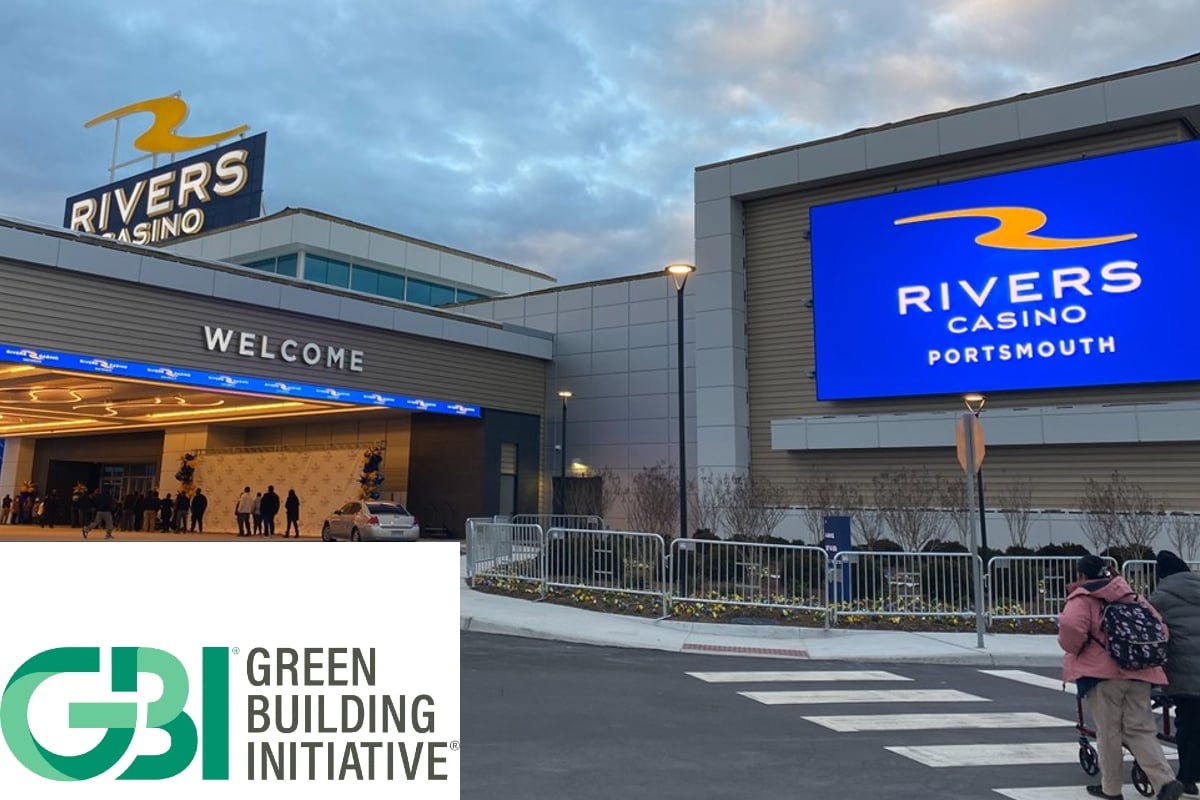
Gambling in casinos has long been a subject of fascination and controversy, drawing in millions of players around the world. With a mix of chance, strategy, and the thrill of uncertainty, casino games offer an exhilarating escape from everyday life. However, as entertainment becomes ever more available, it invites a deeper examination of the morality surrounding these games.
At the heart of the debate lies the question of whether casinos promote responsible gaming or exploit vulnerable individuals. The appeal of potential winnings versus the truth of losses can create a challenging dynamic, and understanding this balance is essential for both players and operators. As we delve into the morals of casino gaming, we will explore the duties of casinos, the effects on society, and the steps that can be taken to foster a healthier gaming environment.
The Impact of Casino Gaming on Society
Casino gaming has a notable influence on societal dynamics, affecting not only the financial landscape but also interpersonal dynamics and community structures. The income generated from casinos can lead to employment opportunities and boost regional economies, as they provide multiple employment opportunities in different sectors including food and beverage, entertainment, and shopping. However, while the financial benefits can be significant, communities often struggle with the potential negative impacts that arise from increased gambling activity.
Moreover, the presence of casinos can lead to an rise in gambling addiction, presenting serious challenges for individuals and families. The thrill of casino games can quickly transform into a habitual habit, affecting connections with others and leading to monetary issues. casinos not on GamStop Many players may struggle with the loss of control over their gambling habits, resulting in a need for community support services and help to address this growing issue. The social cost of addiction can ripple through kinships and neighborhoods, creating an urgent need for sensible gambling approaches.
In addition to the economic and social consequences, casino gaming often showcases cultural attitudes towards uncertainty and leisure. It can encourage a sense of joy and leisure, attracting visitors and boosting tourism. However, this allure may also mask the broader implications of gambling as a method of entertainment, raising ethical questions about its advertisement and availability. As communities weigh the benefits and drawbacks of casino gaming, the need for responsible practices and oversight becomes increasingly critical in ensuring that the beneficial elements are maximized while minimizing the negative effects.
Moral Issues in Gambling Activities
The ethics of casino operations often revolve around the potential for addiction and its effects on people and families. Betting can lead to serious monetary distress, impacting not only the betters but also their families. As individuals become entrapped in the allure of winning, many lose track of their financial limits, which can result in catastrophic results such as bankruptcy. This poses moral questions about the responsibility of casinos in fostering responsible gaming practices and providing support for those who may be dealing with betting addiction.
Another critical concern is the advertising of betting to at-risk groups. Gambling establishments often target low-income people or neighborhoods with the offer of quick rewards, which can perpetuate cycles of poverty and despair. In this context, the morality of marketing strategies used by gambling establishments come under scrutiny, as they may take advantage of the need of individuals seeking an escape from economic troubles. This exploitation raises ethical questions about the integrity of the gambling industry and its obligation to safeguard its most at-risk patrons.
Additionally, the impact of gambling operations on the community as a whole cannot be overlooked. While some argue that casinos create employment and boost local economies, others point to the community costs associated with dysfunctional gambling, increased criminal rates, and a strain on public resources. Balancing financial advantages with the potential for community issues presents a challenging ethical dilemma for policymakers and casino operators alike. The challenge lies in finding a ethical approach that takes into account the well-being of people and communities while still allowing for the enjoyment of gambling gaming.
Regulation Structure and Responsibilities
The legal structure surrounding gambling activities is developed to ensure fairness, honesty, and gambler safety. Multiple government agencies and gambling commissions establish and apply regulations that dictate how gambling activities work, the standards for product development, and the protocols for processing winnings. These regulations change by region but typically involve licensing requirements for providers and stringent measures to prevent deception and scams.
In also to regulatory bodies, gambling businesses bear considerable duty in upholding principled standards within their establishments. They must adopt safe player practices that encourage participant security and awareness, including providing self-exclusion options and providing information about the dangers associated with gambling. Establishments are also accountable for training employees to identify signs of difficult gambling and be aware of the proper steps to help customers in trouble.
Moreover, clarity in gaming operations is vital for building and preserving public faith. Operators should offer clear information about the odds of operations, advertising opportunities, and any connected risks. By fostering an culture of integrity and trust, casinos can help reduce the possible negative impact of gaming while enhancing the general gambling experience for all participants.
